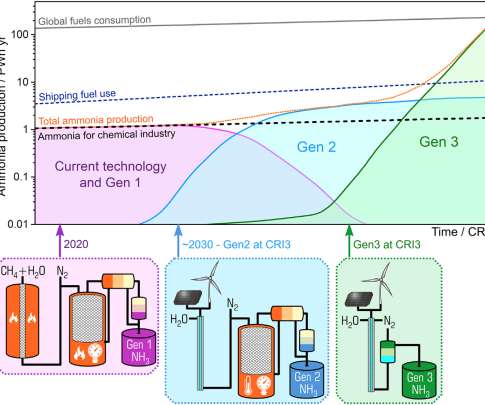The New bp Statistical Review of World Energy — What Does It Mean?
CleanTechnica EVs
JULY 22, 2022
The bp Statistical Review of World Energy is a venerable survey of the world’s energy production and consumption — the oil giant has been publishing it yearly since 1952. It’s an extremely detailed report — it lists the amounts of energy generated and consumed, as well as the means of generation, for just about every country […].



















Let's personalize your content